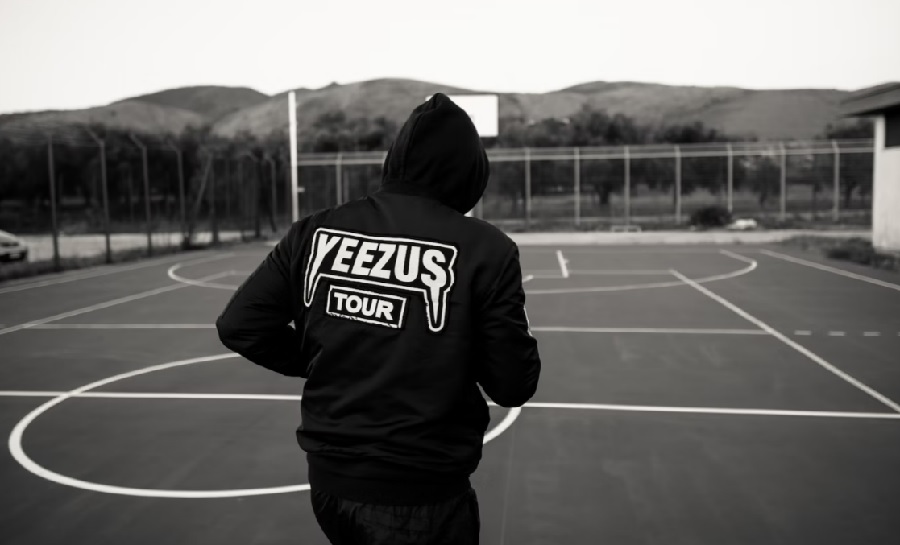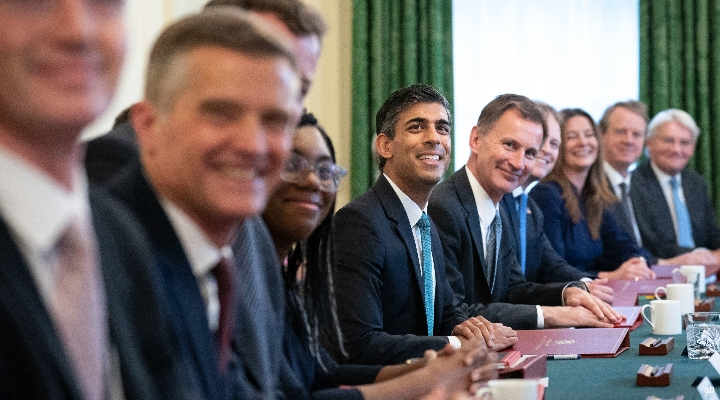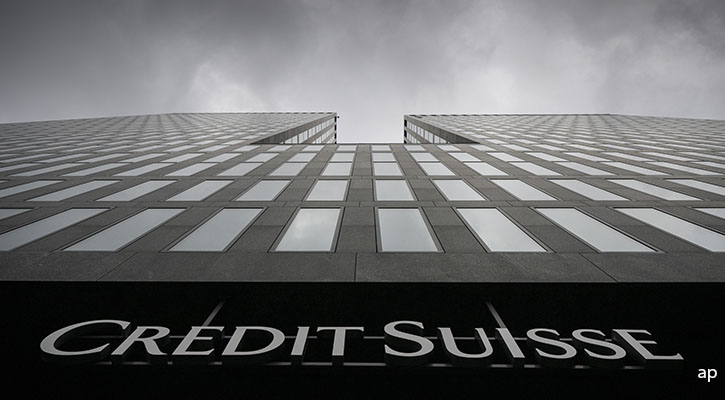
In the last two weeks the controversial US rapper formerly known as Kanye West has provided yet another example of how the corporate world is reacting to social issues.
The erratic musician, who now goes by the name Ye, recently unleashed a tirade of offensive comments that created a social media storm and prompted warnings from advocacy groups.
In a world where celebrity influencers are a key part of brands' efforts to keep and attract customers, the incident has shone a light on how companies deal with their celebrity partners – and the terrific weight of public opinion.
Some corporate giants (including three listed below) cut off their business ties to West and his entertainment and fashion empire, despite losing millions of dollars in profit as a result.
For investors who like to invest based on headlines, you may want to consider stocks of the following companies, which are currently trading at a discount to our fair value estimates.
German sportswear juggernaut Adidas (ADDYY) designs, develops, produces, and markets athletic and leisure apparel, footwear, accessories, and sports equipment. Its fashion brands include Ivy Park and Y-3. Adidas sells its products in more than 160 countries through stores and e-commerce sites.
Last week, Adidas severed ties with Ye over his comments. Adidas said in a public statement it would end production of Yeezy-branded products, a partnership between the footwear firm and West, and stop all payments to Ye and his companies with immediate effect.
"After months of speculation and increasing public pressure, narrow-moat Adidas gave Ye what he has wanted and terminated their heretofore successful partnership," says a Morningstar equity report, adding that "while this move had recently become inevitable, its impact will be more severe than we had anticipated as Adidas has ended production of all Yeezy products and ceased royalty payments."
The immediate impact is expected to be a EUR 250 million (USD 246 million) hit to Adidas' fourth-quarter net income, the report adds.
While Adidas offers limited information on Yeezy's sales and profitability, the impact of the termination of the Yeezy product line on upcoming years' results could be "murky but material," says Morningstar equity analyst David Swartz, who recently cut the stock’s fair value to US$93 per ADR from US$105, "due to its woes in greater China, and the sudden termination of the Yeezy contract."
Clothing retailer Gap (GPS) sells apparel, accessories, and personal-care products under the Gap, Old Navy, Banana Republic, and Athleta brands. Old Navy accounts for over half of Gap’s sales. The firm operates stores around the world and has e-commerce sites.
After Kanye West controversy erupted, Gap released a statement saying "antisemitism, racism, and hate in any form are inexcusable and not tolerated in accordance with our values. On behalf of our customers, employees, and shareholders, we are partnering with organisations that combat hate and discrimination."
Gap took immediate steps to remove Yeezy Gap products from its stores and has shut down YeezyGap.com.
The resultant loss of business adds to the retailer’s woes, including higher inventories, lower operating margins, inflation, logistical challenges, and a strong US dollar. However, positive signs are emerging.
"In recent weeks, shipping has shown signs of normalising, and gas prices have dropped," says a Morningstar equity report. "Moreover, we anticipate inventory levels will improve as manufacturers cancel shipments and sales increase in the holiday season."
The benefits of investments in supply chains and other operations by many apparel firms, including Gap, will bear fruit and will become more apparent in 2023, the report says.
Despite widespread pessimism in the market, "now is a good time to consider the many apparel stocks trading well below our fair value estimates," asserts Swartz.
Swartz recently lowered the stock’s fair value to US$25 from US$26, prompted by softer results in 2022’s second quarter, primarily by inventory issues at Old Navy.
US banking giant JPMorgan Chase (JPM) is one of the largest and most complex financial institutions in the country, with nearly US$4 trillion in assets. The bank operates four major segments – consumer and community banking, corporate and investment banking, commercial banking, and asset and wealth management. The bank has a global footprint.
JPM recently ended its relationship with Ye and his clothing brand Yeezy Inc. JPMorgan Chase, which joined other corporations in distancing itself from to West , is arguably the most dominant bank in the United States.
"The bank's combination of scale, diversification, and sound risk management seems like a simple path to competitive advantage, but few other firms have been able to execute a similar strategy," says a Morningstar equity report.
The juggernaut benefits from an unrivaled combination of scale and scope which underpin its wide moat. "Given the bank’s higher capital levels, scale and scope with changes in technology, and robust fee income, JPMorgan will consistently earn returns that exceed its 9.5% cost of equity through the cycle," asserts Morningstar strategist, Eric Compton. He puts the stock’s fair value at US$146, calling it "one of our top picks among U.S. banks."










:quality(80)/cloudfront-us-east-1.images.arcpublishing.com/morningstar/6BCTH5O2DVGYHBA4UDPCFNXA7M.png)
.jpg)


















